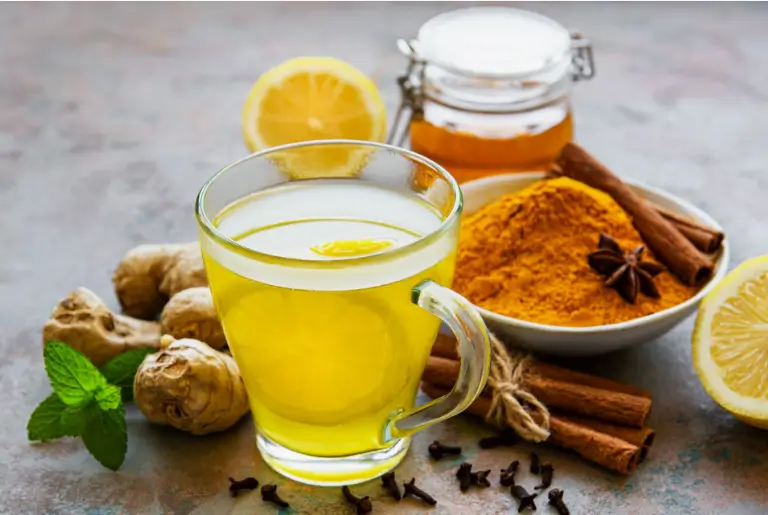Introduction
Tooth infections are not only painful but can also lead to serious health issues if left untreated. While traditional antibiotics are commonly prescribed, many people seek natural alternatives. But what is the strongest natural antibiotic for tooth infection? Here are some of the strongest natural antibiotics for tooth infections.
Strongest Natural Antibiotic for Tooth Infection
- Garlic
- Turmeric
- Coconut Oil
- Clove Oil
- Honey
- Aloe Vera
- Oregano Oil
- Green Tea
- Ginger
- Salt Water Rinse
- Apple Cider Vinegar
- Echinacea
Garlic

Active Compound: Allicin
Benefits: Garlic is a potent natural antibiotic due to its high allicin content. It can kill bacteria and reduce inflammation, making it effective for tooth infections.
How to Use: Crush a garlic clove and apply the paste directly to the infected area. You can also chew on a raw garlic clove for additional benefits.
Turmeric
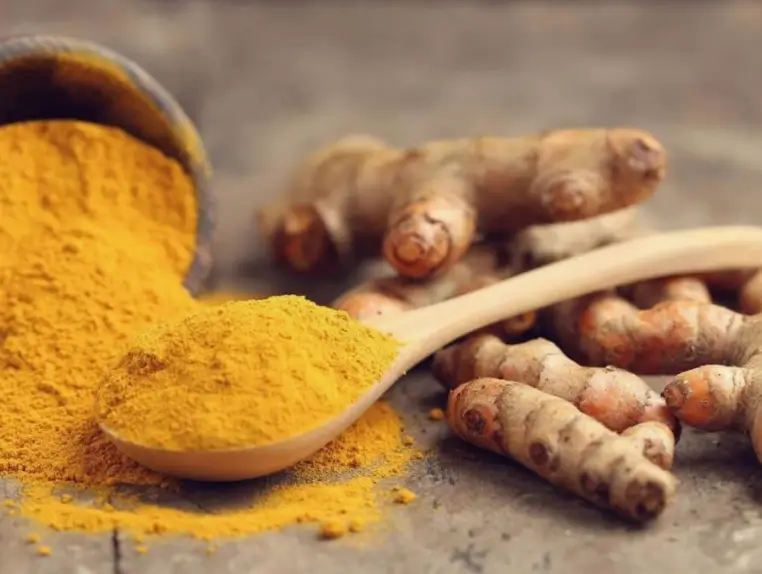
Active Compound: Curcumin
Benefits: Turmeric is known for its anti-inflammatory and antimicrobial properties, which help in reducing pain and fighting bacteria.
How to Use: Mix turmeric powder with water to create a paste and apply it to the infected tooth. You can also drink turmeric tea or use a turmeric mouthwash.
Coconut Oil
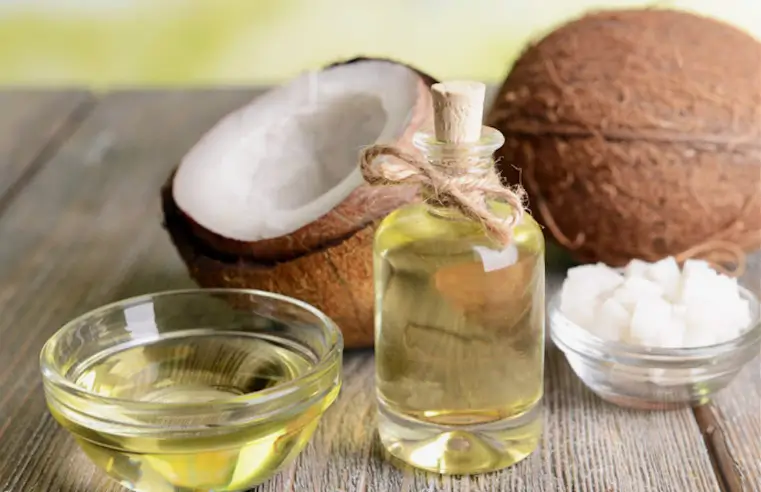
Active Compound: Lauric Acid
Benefits: Coconut oil has antibacterial properties and is commonly used for oil pulling, which helps reduce bacteria in the mouth.
How to Use: Swish a tablespoon of coconut oil in your mouth for 15-20 minutes, then spit it out. Repeat daily for best results.
Clove Oil
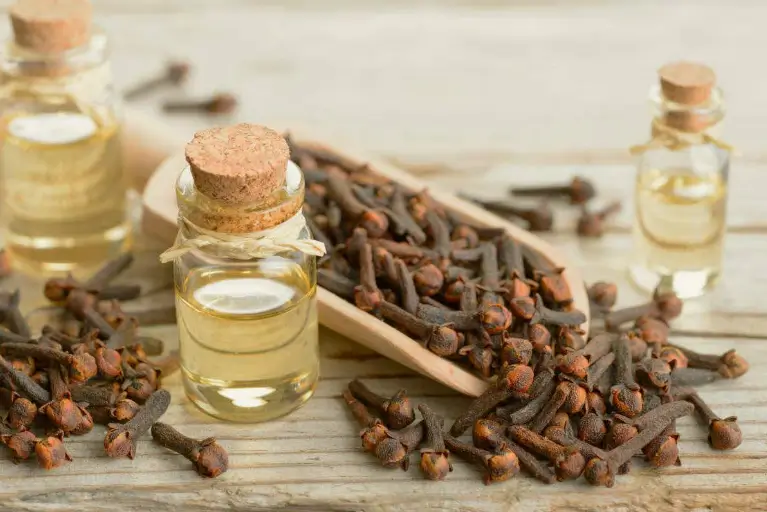
Active Compound: Eugenol
Benefits: Clove oil has strong antibacterial and pain-relieving properties, making it a traditional remedy for toothaches and infections.
How to Use: Apply a few drops of clove oil to a cotton ball and place it on the affected area. You can also dilute it with a carrier oil for a mouth rinse.
Honey
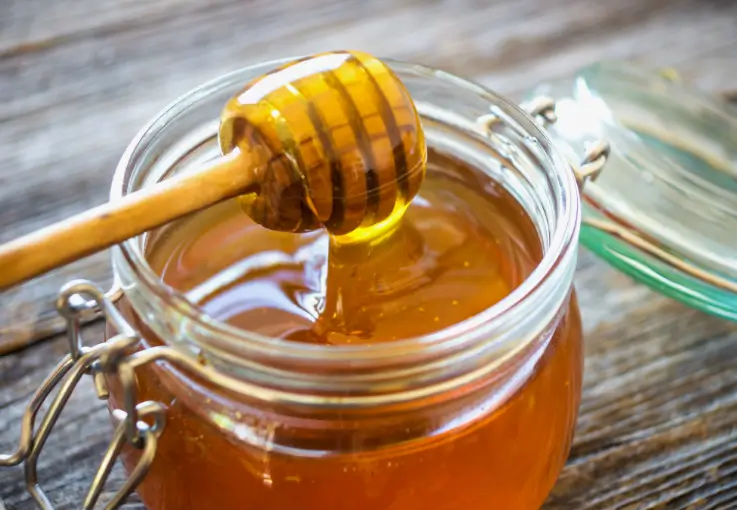
Type: Manuka Honey
Benefits: Honey, especially Manuka honey, has antibacterial and healing properties that can soothe and treat tooth infections.
How to Use: Apply honey directly to the infected area or mix it with warm water to use as a mouth rinse.
Aloe Vera
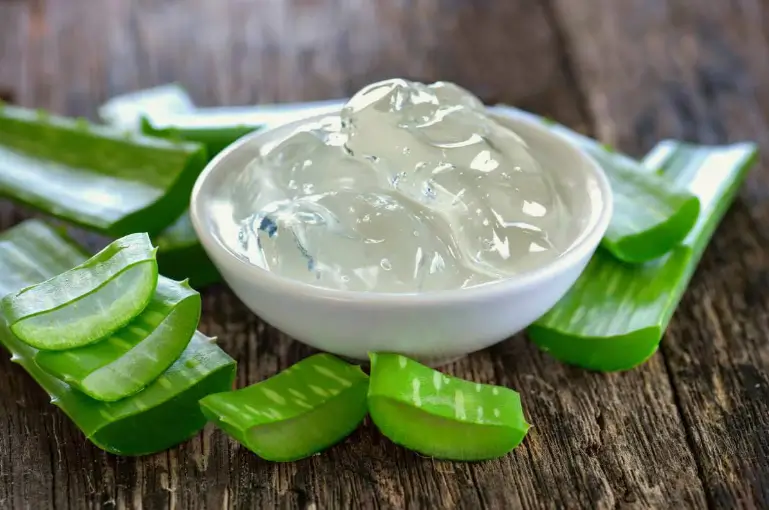
Benefits: Aloe vera is known for its soothing and antibacterial properties, which can help treat tooth infections.
How to Use: Apply aloe vera gel directly to the infected area in your mouth.
Oregano Oil
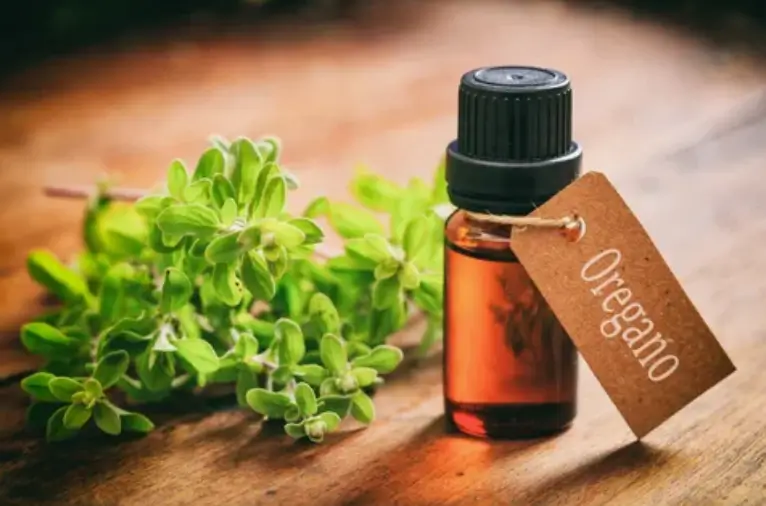
Active Compounds: Carvacrol and Thymol
Benefits: Oregano oil is a potent natural antibiotic with antibacterial and antifungal properties.
How to Use: Dilute oregano oil with a carrier oil and apply it to the infected area or use it as a mouth rinse.
Green Tea

Active Compounds: Catechins
Benefits: Green tea contains catechins, which have strong antibacterial and anti-inflammatory properties.
How to Use: Drink green tea regularly or use it as a mouth rinse to reduce bacteria in the mouth.
Ginger
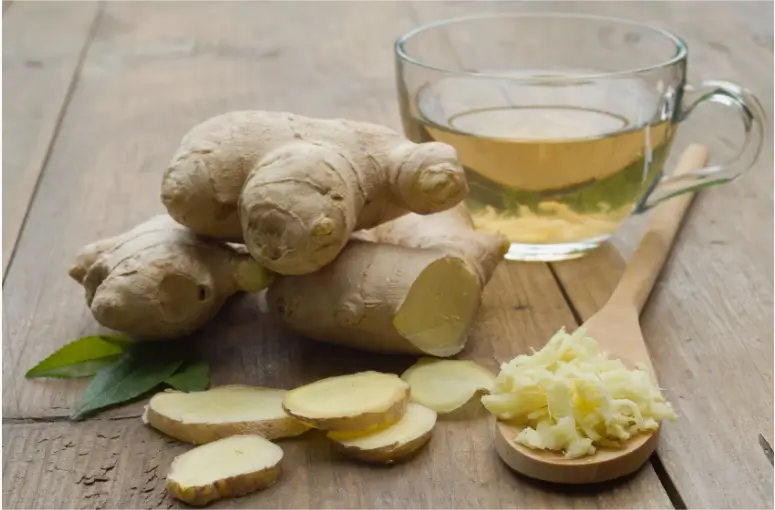
Active Compound: Gingerol
Benefits: Ginger has anti-inflammatory and antibacterial properties, making it effective in treating tooth infections.
How to Use: Chew on a small piece of fresh ginger or use ginger tea as a mouth rinse.
Salt Water Rinse
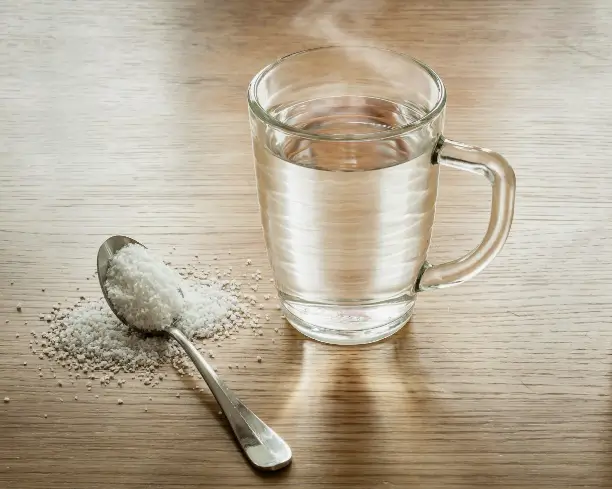
Benefits: A simple salt water rinse can reduce bacteria and soothe inflamed gums.
How to Use: Mix a teaspoon of salt in a glass of warm water and rinse your mouth with it several times a day.
Apple Cider Vinegar
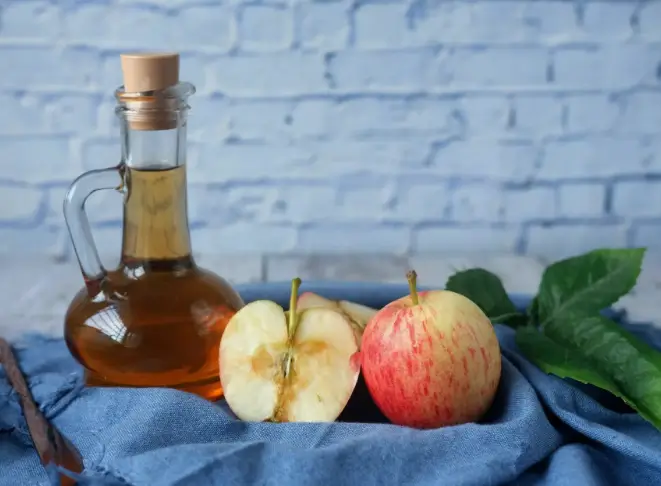
Benefits: Apple cider vinegar has antibacterial properties and can help balance the pH in the mouth.
How to Use: Apple cider vinegar can be used as a mouth rinse after adding water to it.
Echinacea
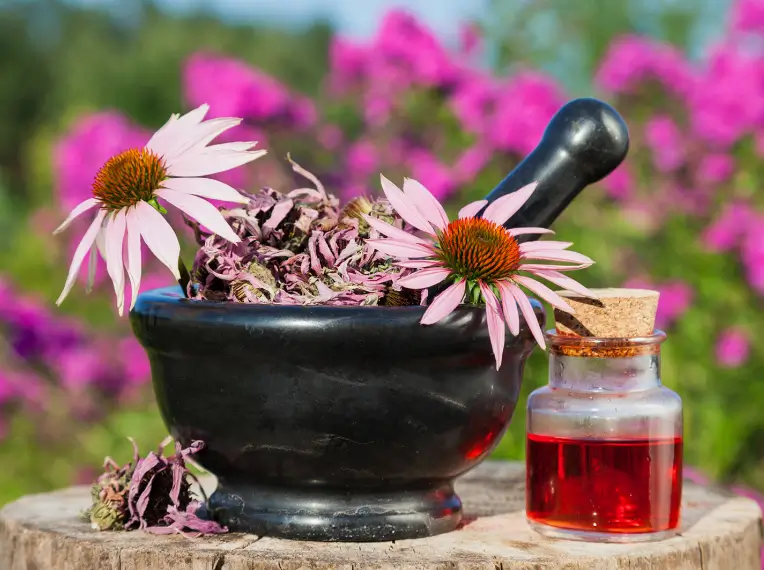
Benefits: Echinacea boosts the immune system and helps fight infections.
How to Use: Use Echinacea mouthwash or take it as a supplement to help your body combat the infection.
Conclusion
Natural antibiotics can be a great alternative or complement to traditional treatments for tooth infections. They offer various benefits, including antibacterial, anti-inflammatory, and pain-relieving properties. However, it’s crucial to consult with a healthcare professional before relying solely on natural remedies, especially for severe infections. So it was your answer to what is the strongest natural antibiotic for tooth infection.
FAQs
- Are natural antibiotics effective for severe infections?
- Natural antibiotics can be helpful, but severe infections should always be evaluated by a dentist.
- Can I use multiple natural remedies simultaneously?
- Yes, but ensure they do not interact negatively. Consulting a healthcare professional is advisable if you are unsure.
- How often should I apply natural remedies?
- Generally, 2-3 times a day is effective, but follow specific guidelines for each remedy.
- Are there any bad affects when I use natural antibiotics?
- Most natural antibiotics have minimal side effects, but allergic reactions or sensitivities can occur.
- When should I see a dentist for a tooth infection?
- If pain persists, swelling increases, or you experience fever, seek immediate dental care.
